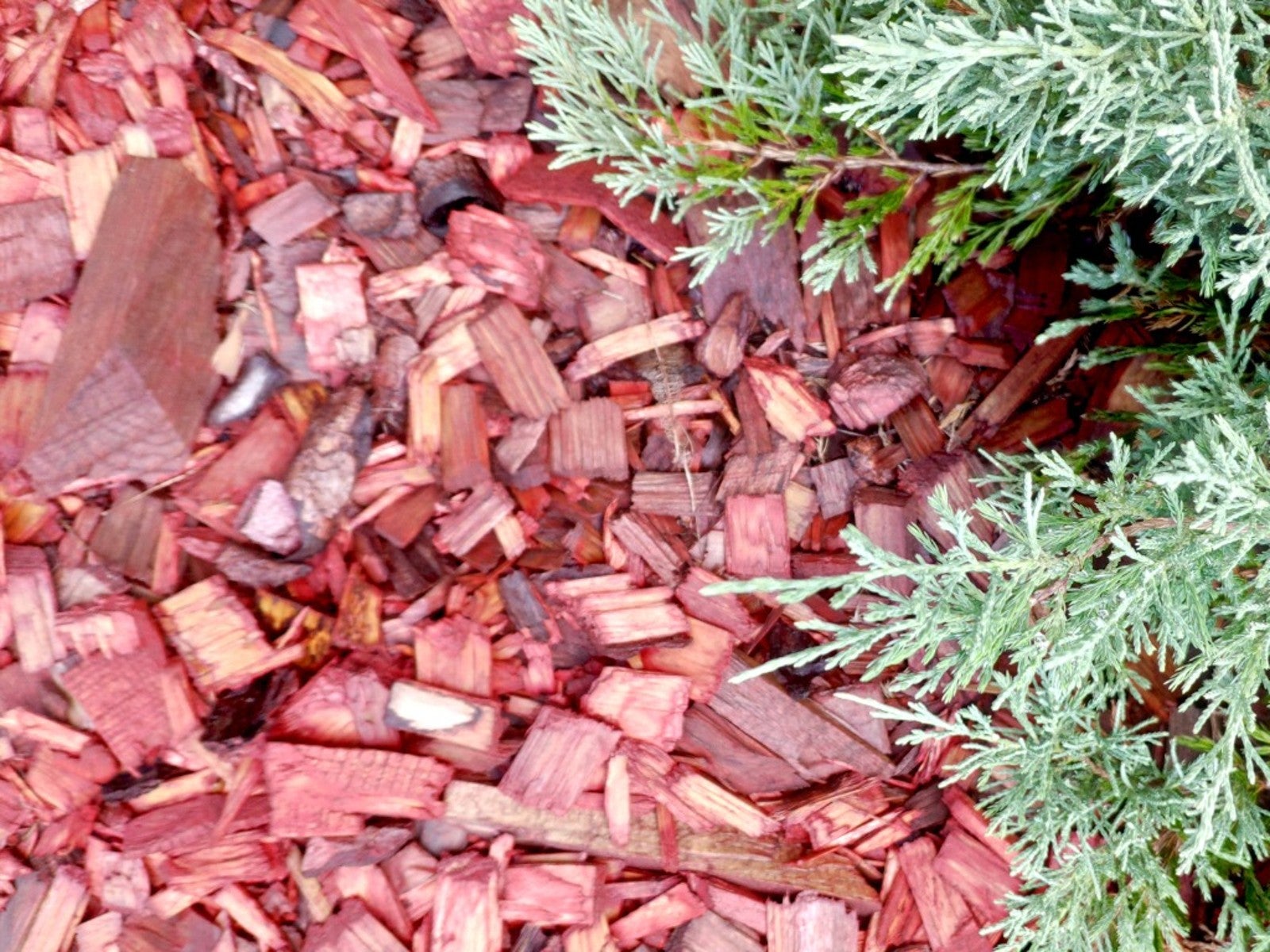
Sign up for the Gardening Know How newsletter today and receive a free copy of our e-book "How to Grow Delicious Tomatoes".
You are now subscribed
Your newsletter sign-up was successful
Wood mulch, often made of cedar, is used to retain moisture, hinder weeds, beautify a planting bed, insulate soil, and repel insects. But what about cedar chips and bees? Does cedar mulch affect or attract bees in any way? Since cedar is used to repel insects, does cedar mulch repel other pollinators? Keep reading to learn about cedar mulch and insects.
Cedar Mulch and Insects
Cedar has long been used in homes to repel moths, and the same theory goes for the use of cedar mulch in the garden. Cedar mulch is said to repel pesky bugs such as some types of ants, termites, fleas, and some varieties of fly. But does cedar mulch repel pollinators as well?
Does Cedar Affect Bees?
If the answer to “does cedar mulch repel pollinators?” is yes, then it is doubtful that anyone would use the product in the garden. Since cedar is actually one of the more common types of wood mulch, the idea that it adversely affects pollinators is unlikely.
Does cedar affect bees specifically though? No, bees are not negatively harmed by cedar mulch. In fact many beekeepers use mulch beneath their hives to repel insects and use the wood for the bottom boards of their hives due to its rot resistance with no adverse affect upon their colonies.
Does Cedar Attract Bees?
Despite the lack of adverse effect upon bees, it does not appear that cedar attracts bees per se. However, using cedar especially around hives can give the bees the benefit of fewer pests that can infiltrate the colony ergo, be of significant benefit to bees.
Cedar Chips and Bees
Cedar chips take longer than many other types of mulch to break down, which means they don’t need to be replaced as often. While the wood itself breaks down slowly, environmental factors will work steadily to evaporate the essential oils of the wood, the compounds that repel pests.
This means that the beneficial oils that repel pests only last so long. Once it is gone cedar mulch still retains all the benefits mentioned above except the ability to repel pests but cedar chips and bees will still continue to coexist with no ill effects.
Sign up for the Gardening Know How newsletter today and receive a free copy of our e-book "How to Grow Delicious Tomatoes".

Amy Grant has been gardening for 30 years and writing for 15. A professional chef and caterer, Amy's area of expertise is culinary gardening.
